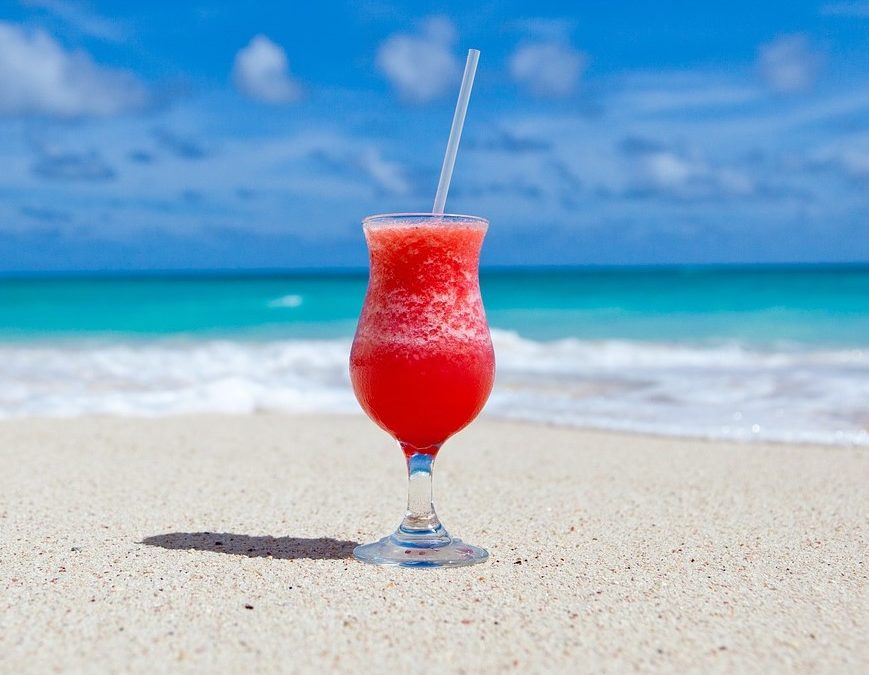I know… ‘tis the season to drink and be merry. A drink here and there is minimal impact to our gut; but when we indulge more than that, our guts may be getting impacted. Is this something we need to watch? Well most of us realize that when our digestion is not working as it should, our health gets impacted;1 but did you know that our digestive tract holds a majority of our immune system via billions of gut bacteria? The harmony of our gut bacteria are impacted by many unique factors, including stress, environmental vulnerabilities, and diet – which may include alcohol. Alcohol consumption impacts our microbiome and our digestion via changes in pH, saliva-bacteria interaction, and bacterial metabolism.2 Our oral microbiome changes may increase our risk for oral diseases, such as periodontal disease and dental caries. Our gut microbiome changes may increase our risk for systemic diseases, such as psoriasis, colon cancer or cardiovascular disease.2
What is defined as enough alcohol to make these risky changes within our microbiome? According to a study in Microbiome:
- Moderate consumption is defined as 0-1 glass for women/day, and 0-2 glasses for men/day
- Heavy consumption is defined as > 1 glass for women/day and > 2 glasses for men/day.
The study with over 1000 subjects showed patterns which increased alcohol consumption. With increased alcohol consumption:
- Lactobacillales (LBS) is decreased. LBS is important in maintaining the pH of a healthy oral cavity. Abnormal pH of oral cavity reduces saliva’s antimicrobial property, and that can lead to increased growth of bacteria. This was seen in the study with existence of potentially pathogenic bacteria or bacteria associated with dental caries, periodontal disease, infective endocarditis, and other infections.
- Dysbiotic bacteria takes consumed ethanol and produces acetaldehyde, which is a group I human carcinogen. Group I human carcinogen are categorized by WHO. LBS can metabolize acetaldehyde, but with decreased LBS we will find increased acetaldehyde.
So… what types of alcohol does it take to make these risky changes within our microbiome? You may have heard that wine may have antimicrobial properties; this study also supported that fact.
- Wine drinkers had a higher microbial diversity than that of non-drinkers.
- Drinkers of wine vs. beer vs. liquor had distinct oral microbial communities.2
- Dysbiosis in the oral cavity may play a role in alcohol-related carcinogenesis through increased levels of acetaldehyde.
- More research is needed to better understand the impact of each type of alcohol on the oral cavity microbiome.
This study is important to better understand the role of alcohol in our risks for chronic disease. Moderate and heavy alcohol consumption may impact our oral microbiome, which impacts our health and risk of other diseases (oral and systemic).
References
- Carding S, Verbeke K, Vipond D, Corfe BM, Owen LJ. Dysbiosis of the gut microbiota in disease. Microb Ecol Health Dis.2015;26:26191.
- Fan X, Peters BA, Jacobs EJ, et al. Drinking alcohol is associated with variation in the human oral microbiome in a large study of American adults. Microbiome. 2018;6(1):59.



